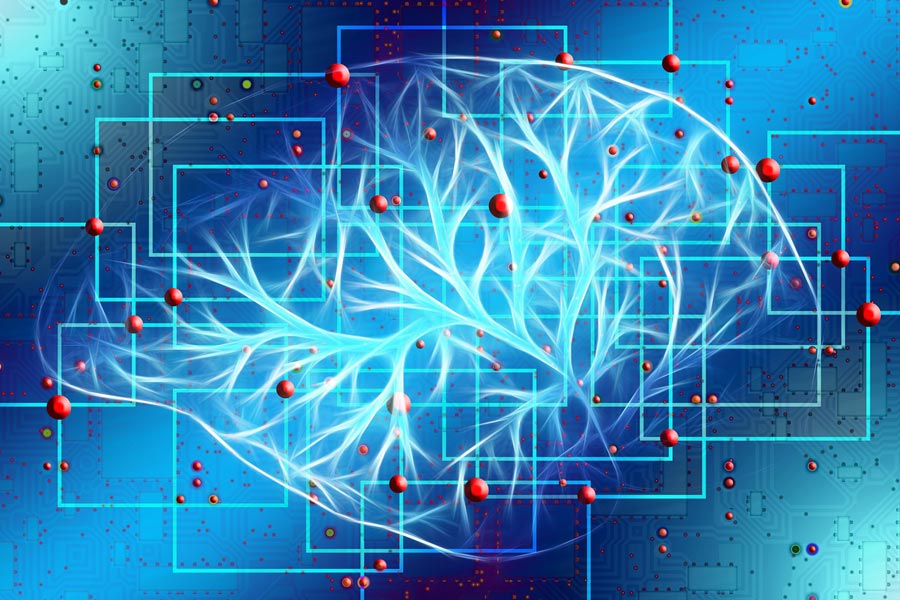
CHRS Endorses the “Toronto Declaration” on Equality and Non-Discrimination in Machine Learning Systems
By: Enrique Piracés and Jay D. Aronson
There is a tendency in the human rights community to view machine learning and artificial intelligence through a dystopian lens, particularly since Edward Snowden’s revelation of mass and unchecked surveillance by nation-states and increased awareness of the data practices and business models of companies like Google and Facebook. When one factors in recent news stories about predictive policing, the automation of decision-making in criminal justice and social welfare contexts, and the Cambridge Analytica story, the situation can seem particularly dire. These technologies seem to reinforce existing inequalities, automate human bias, and put already vulnerable communities and individuals in greater danger.
There is no doubt that these concerns are real. At the Center for Human Rights Science, however, we think it is important to generate a different set of possibilities, in which machine learning and artificial intelligence are harnessed to enhance human rights and human dignity, and not just threaten them. This alternative vision, however, will not simply come into being on its own. Technology does not make the world a better place without deliberate social action. While politicians and bureaucrats can pass laws and regulations that mitigate some of the potential harms of new and established technologies, they cannot legislate positive outcomes from technological developments. Technologists and human rights practitioners must work together to build a future in which human rights are integrated within technological systems.
It is in this context that we were pleased to be part of the Group of Experts who participated in the session to finalize and adopt a document on equality and non-discrimination in machine learning that has come to be known as the Toronto Declaration. We are proud to be one of the first organizations to formally endorse the declaration. This process was organized by Access Now and Amnesty International and included two dozen technologists and human rights practitioners from around the world who met in Toronto in May 2018.
While the majority of this statement necessarily focuses on mitigating harms and preventing algorithms from discriminating against groups and individuals, we are pleased that it also recognizes the potential for machine learning to be used in ways that positively impact human rights, human dignity, and human flourishing. The Toronto Declaration recognizes the right of all human beings to benefit from science that is articulated in Article 15 of the International Covenant on Economic, Social, and Cultural Rights. According to the Preamble of the Toronto Declaration:
- States and private actors should promote the development and use of these technologies to help people more easily exercise and enjoy their human rights. For example, in healthcare, machine learning systems could bring advances in diagnostics and treatments, while potentially making health services more widely available and accessible. States and private actors should further, in relation to machine learning and artificial intelligence more broadly, promote the positive right to the enjoyment of the benefits of scientific progress and its applications as an affirmation of economic, social and cultural rights.
Moving forward, we plan to expand upon our existing research in the application of machine learning in human rights contexts, particularly in the realms of video analysis and 3D event reconstruction. We will continue to work with the computer science and human rights communities to ensure that machine learning provides positive benefits to all of humanity and not just the privileged few. In this way, our work will strengthen and enhance the principles articulated in the Toronto Declaration.
